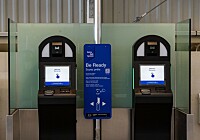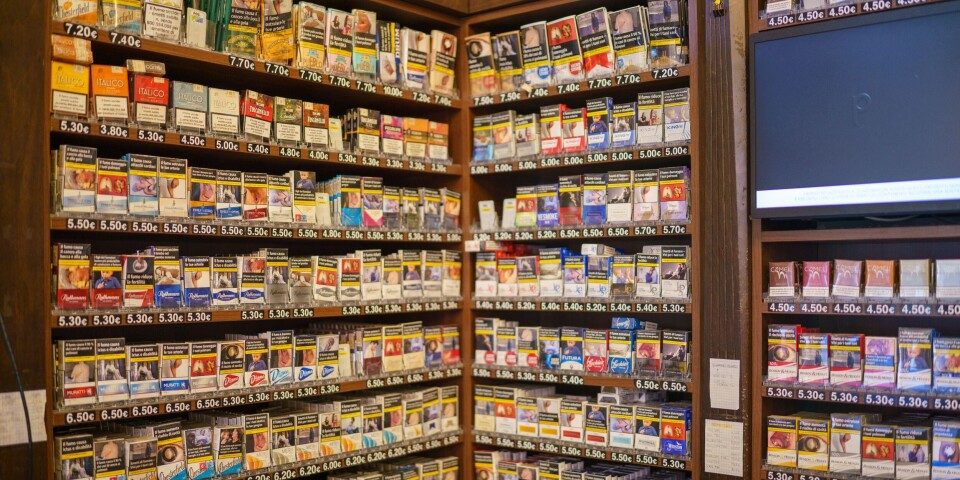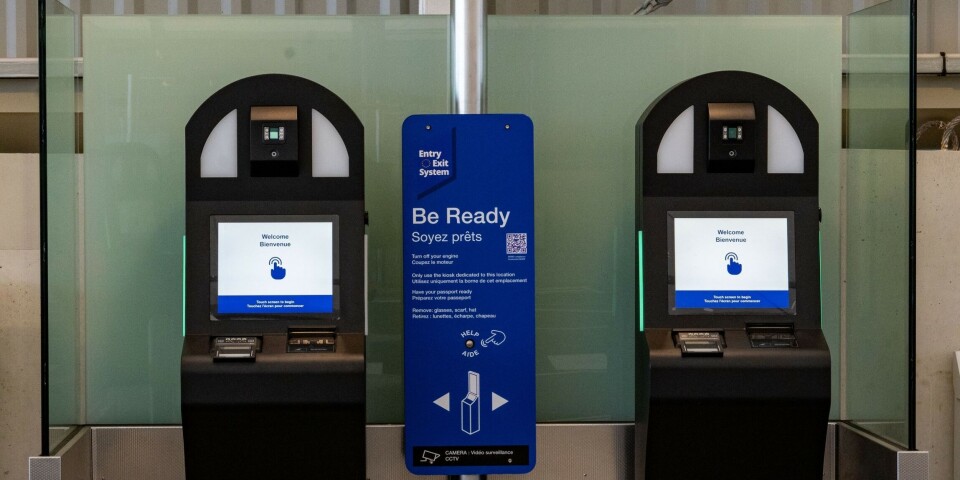French etiquette guide: greetings, gifts and when to use 'vous'
Understanding a few simple customs goes a long way to help you fit in
If invited to dinner, avoid bringing supermarket wine or flowers
Monkey Business Images / Shutterstock
Knowing how many kisses to give, when to say bonjour, or what gift to bring can be a challenge for anyone settling in France. Yet a few simple customs go a long way to help you fit in – and avoid the kind of faux pas that may leave French friends quietly unimpressed.
First impressions start with “bonjour”
The first rule of French politeness is always to greet people.
Whether entering a shop, addressing a bus driver or meeting a neighbour, say bonjour monsieur or bonjour madame. Omitting it can be seen as abrupt.
The same applies when leaving – au revoir or bonne journée are expected. A polite greeting instantly makes you appear more respectful and less foreign.
Handshakes, kisses and punctuality
In France, shaking hands is common not only in business but also socially, including with tradespeople or casual acquaintances. Failing to do so can appear rude.
Among friends, the traditional kiss on the cheek – la bise – replaces the handshake. The number of kisses varies by region: two in most of the north, sometimes three or four elsewhere. Never kiss just once, and never on the lips.
Arriving slightly late for dinner is considered polite. Guests usually come around 10–15 minutes after the stated time, as arriving early may catch hosts still preparing.
Invitations and what to bring
When inviting French neighbours or colleagues, give clear details. An open “come round sometime” may be taken literally, with no date fixed.
Specify the day and time, especially for an apéritif, which implies drinks and light snacks but not a full meal.
Dress neatly, even for informal gatherings. Trainers or running clothes are rarely appropriate.
If invited to dinner, avoid bringing supermarket wine or flowers. A quality bottle from a local caviste or a small box of artisan chocolates from a chocolatier is more appropriate.
Flowers, numbers and symbolism
If giving flowers, choose an odd number – except 13 – as even numbers are reserved for funerals. Florists will wrap bouquets with style and include their label, showing thought and respect.
Some prefer to send flowers in advance or afterwards to avoid obliging the host to leave the table.
Plants are also a suitable alternative. Wine is best avoided unless it is exceptional, such as a fine cru or chilled champagne, as the host will already have planned the pairings.
Using “vous” and “tu” correctly
Choosing between vous and tu can cause unease. Vous is the default for anyone you do not know well, including neighbours, colleagues and older people. Switching to tu usually happens only by mutual agreement or invitation.
Using tu too early may come across as overfamiliar or even vulgar. Many French couples and long-term friends continue to use vous out of habit or affection.
If you mistakenly use tu, a quick apology is enough. Most people will dismiss it politely, but if the reaction is cool, continue with vous in future.
After the visit
Following a dinner invitation, it is courteous to send a handwritten thank-you note within a few days. You may then be invited in turn for drinks or a meal in the coming months.
A culture of courtesy
French etiquette is built on formality and consideration. Small gestures – a greeting, a handshake, the right number of kisses – can make a lasting difference. They reflect not only respect for others but also a shared sense of civility that remains central to everyday French life.




























